Sleep is an essential ingredient for a fully functioning, well-performing brain. In particular, it can assist in boosting moods, increasing focus, improving concentration, and helping with general health and well-being. For people with ADHD, lack of sleep can contribute to an increase in the symptoms of ADHD. Sleep and ADHD often don’t go well together- difficulties with sleeping are common with ADHD. Get more sleep by using these 6 simple tips. ADHD and sleep problems don’t have to go hand in hand!
Are you concerned that ADHD may impact you or your loved one? Take this free online test now: Click here
For a person on an effective ADHD stimulant medication, at times the medicine will seem to not work for a day. When we investigate, we discover that the medicine doesn’t feel like it is working when their sleep cycles are off. They are not getting restorative sleep. The “energy” of the medication goes to helping them wake up without enough left over effect to help them focus and concentrate.
ADHD and sleep problems: Is it a side effect?
Another important point about sleep and ADHD relates to side effects of stimulant medication. One of the side effects of stimulants is lack of sleep. Make sure you are not taking this medicine too late in the day. For most people, as long as it is taken in time, the levels will be low enough by bedtime not to interfere.
Here are six tips that can help people with ADHD get a sound night’s sleep. Which ones can you can adopt to improve your sleep?
1. Get more sleep by creating a habitual bedtime and wake-up routine
For better quality sleep, go to bed and wake up at a consistent time. This will help get your body and mind into a regular routine. Your body’s internal clock helps to regulate the sleep/wake cycles. Per the Sleep Advisor website, humans are natural cravers for consistency and this goes for your sleep schedule also.
Routines can be even more important for those with ADHD. It is easy to get off task. Having a set pattern that is followed nightly can contribute to more consistent rest.
2. Exercise is great to improve sleep in people with ADHD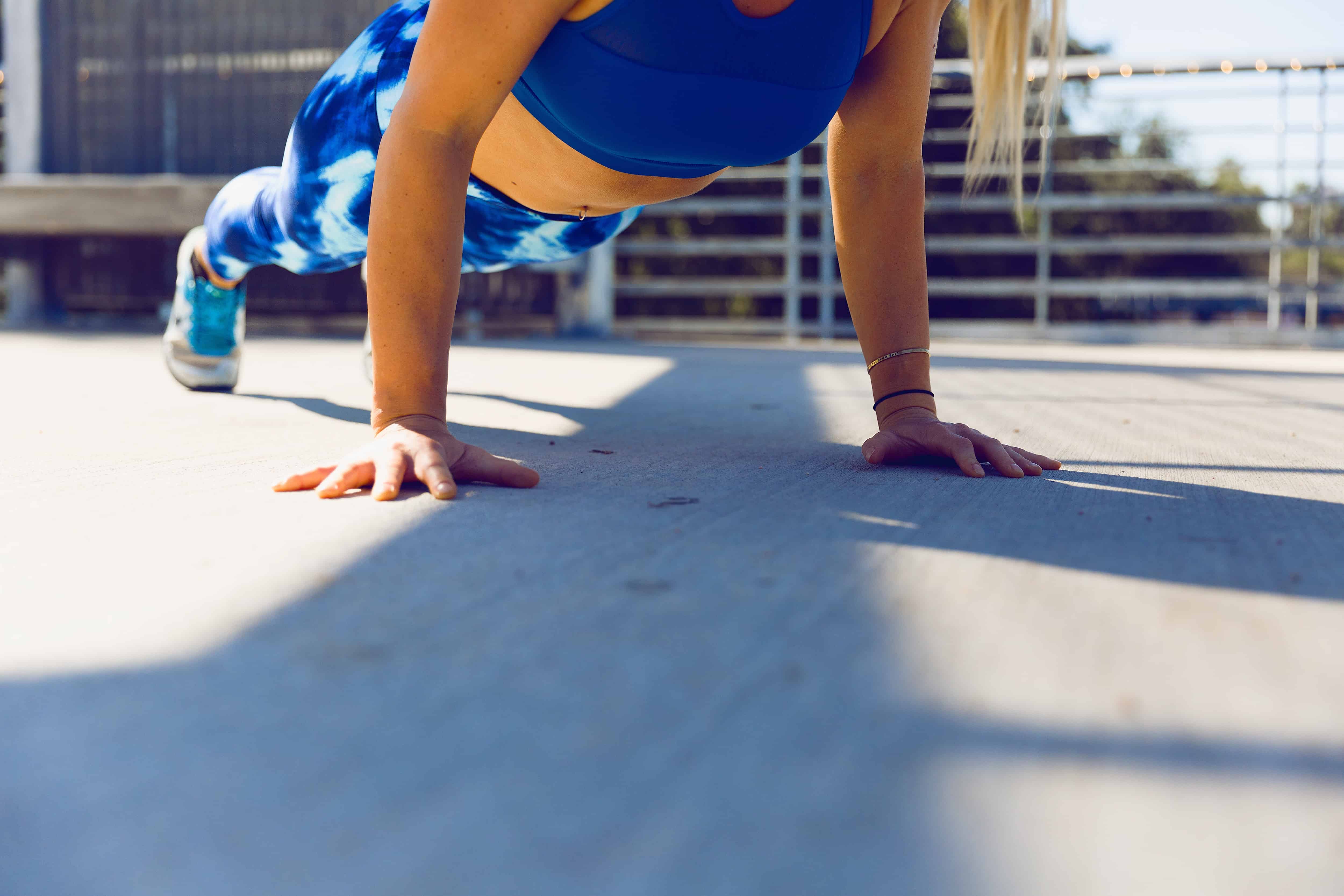
Exercise isn’t only used to stay in shape, have good health, and overall well-being; it also lends itself to high-quality sleep. For people with ADHD, exercise improves the ability to focus and concentrate during the day. There is no shortage of benefits for exercise!
Don’t work out right before you get in bed as this will stimulate the brain and body, making it harder to sleep. Instead, exercise earlier in the day. This will help you drift off more easily at bedtime and will also assist you to stay asleep once you get to sleep.
3. ADHD and sleep: Leave hyperfocus activities for the daytime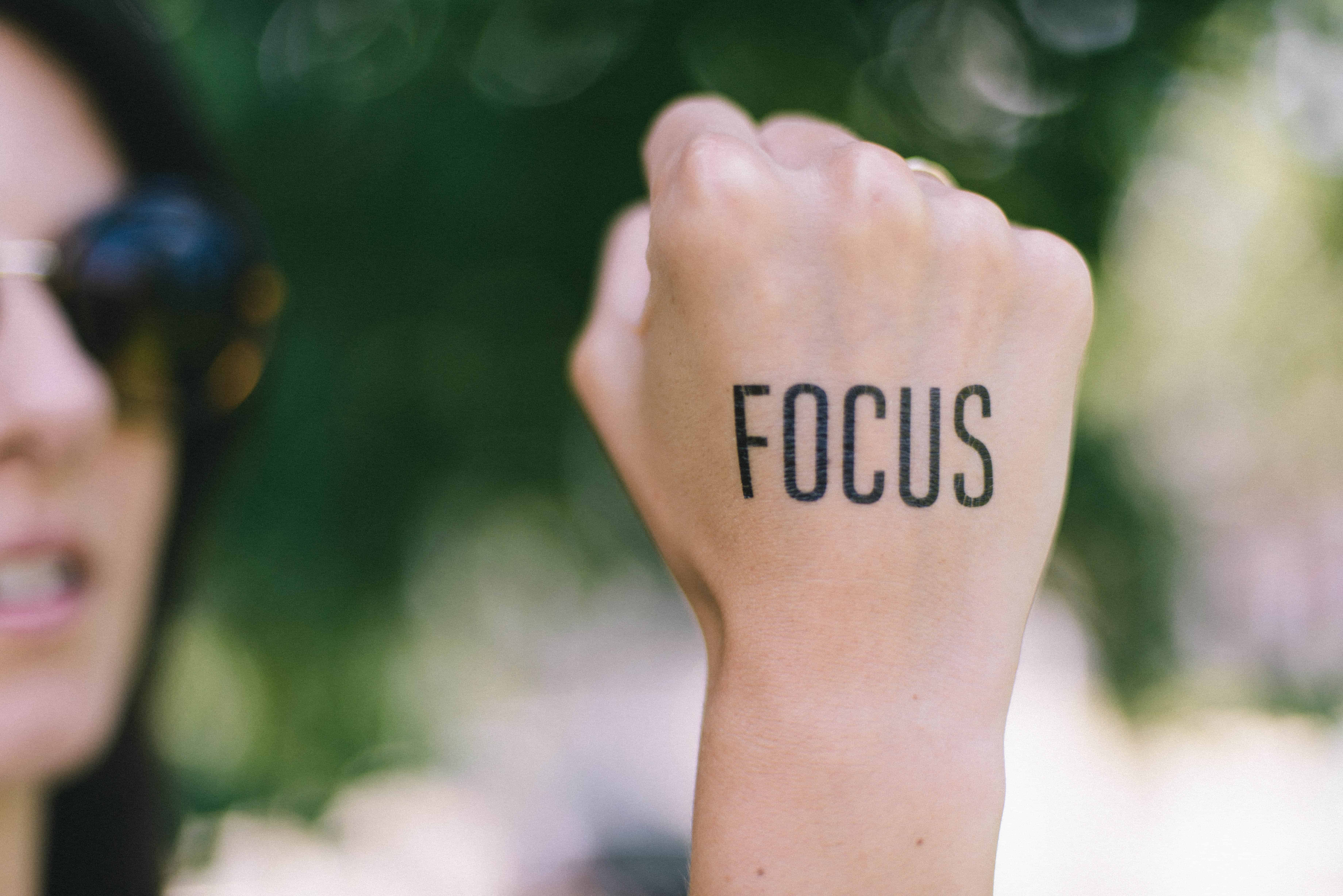
To enjoy a sound sleep, any hyperfocus activities should be kept away from the evening’s activities. Hyperfocusing, as many with ADHD will be aware, can be especially tough to disengage from, leaving a smooth transition into bed unlikely.
It’s worth bearing in mind that it isn’t just people with ADHD who can find themselves getting sucked into hyperfocusing instead of going to sleep. This is easy to do with the use of smart devices such as phones, computers, and tablets.
Remedy the temptations by eliminating them from your bedroom. That means no television, no scrolling through social media on your mobile phone, or watching Netflix on your tablet while you’re in bed.
Even books can be a “problem”
If you are someone who hyperfocuses while reading books you may have to stop reading in bed. Reading is a calming activity that helps many people ease into sleep relaxation. However, if you are someone that can’t stop reading once you start than reading does not serve that purpose for you. Try setting a timer to help you remember you need to stop and go to bed. But you have to be able to listen to the alarm and stop. If you are someone that will keep reading rather than get to bed you may have to keep books out of your bedroom too!
4. Solve ADHD and sleep problems by slipping into a warm bath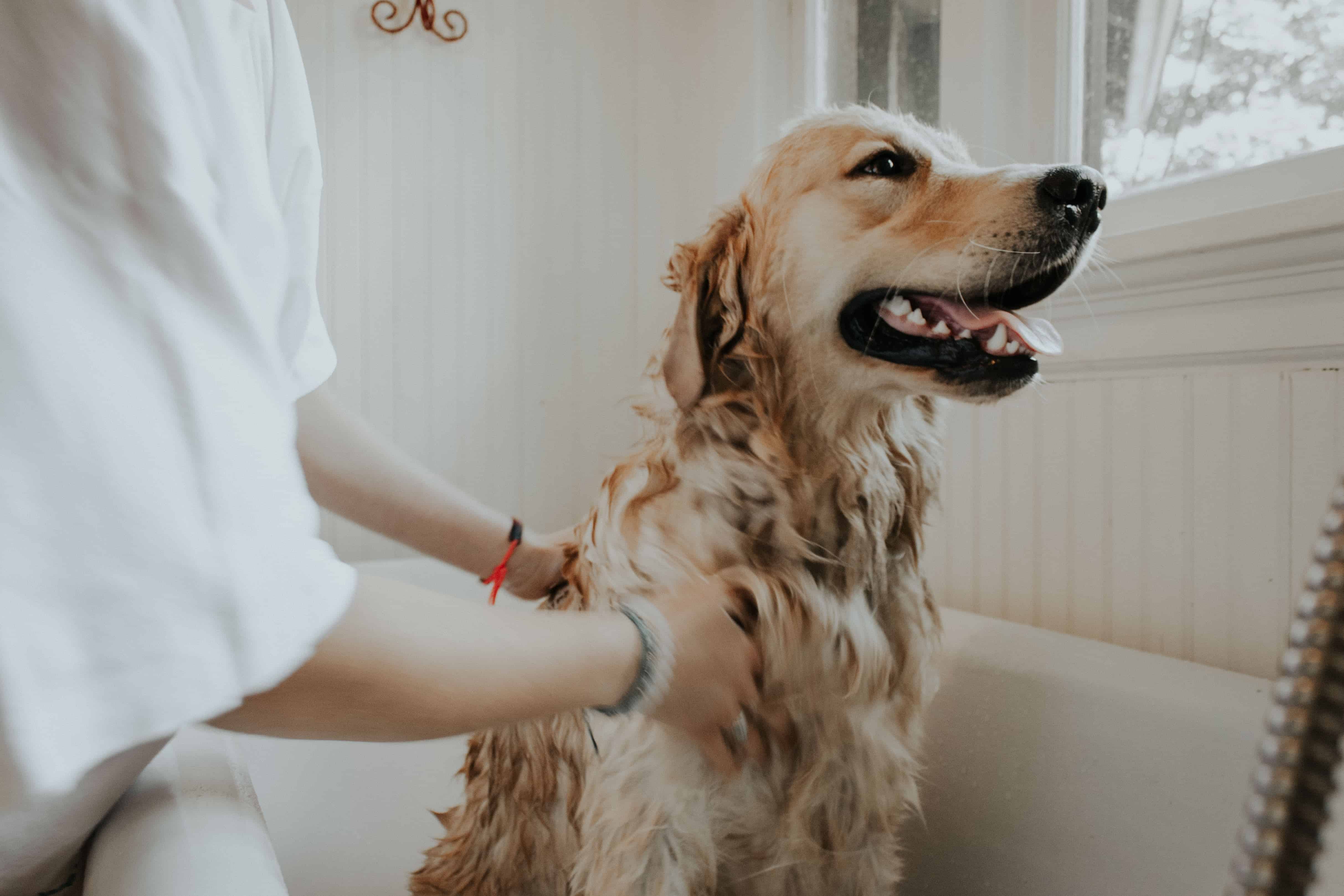
ADHD and sleep problems go hand and hand when there is a lot on one’s mind. There’s no doubt that overanalyzing when trying to get to sleep can ruin your chances of actually achieving healthy amounts of time asleep. Practicing calming activities before bed can shift the mind from overdrive to rest.
Run a warm, relaxing bath (or shower, if you don’t have a bath). Soaking in the tub can be beneficial in facilitating relaxation and self-soothing. For added relaxation, do a mindfulness or grounding exercise while taking the bath. See the list on my resources page for lots of great apps to help you practice mindfulness.
5. Sleep and ADHD: Take the worry away by jotting it down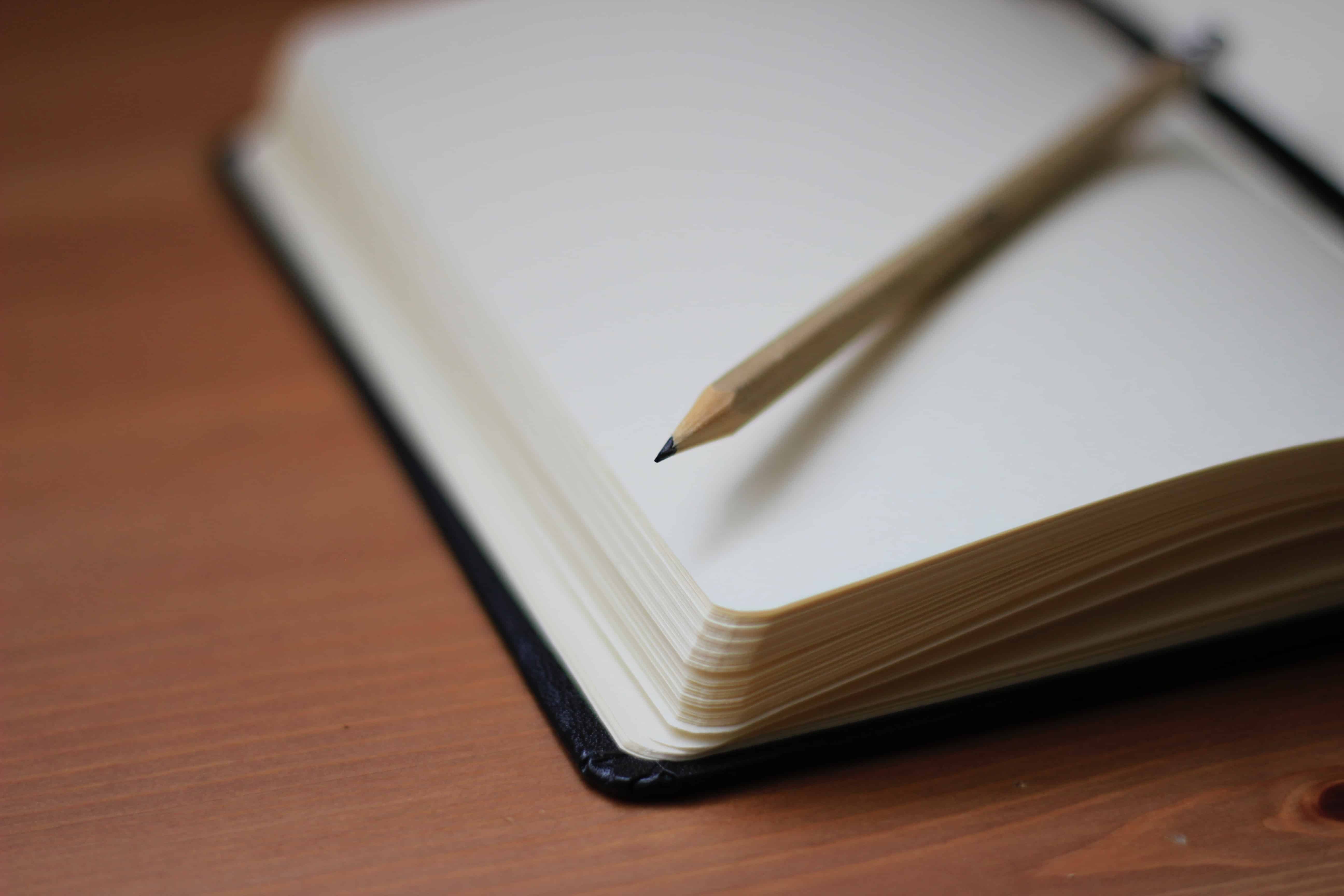
Once your head lays on your pillow, try to clear from your thoughts any issues, problems, and worries that have come along in the day. These thoughts can be a sleep-induction killer- meaning it’s really hard to fall asleep while actively worrying.
Some people with ADHD find it beneficial to write things that are bothering them down. Keep paper and pen on your bedside table so you can jot down whatever it is that’s in your head. Don’t use your phone to take notes as it’s too tempting to start to scroll!
6. Remain positive to get more sleep
A nice way to kick off sleep is to imagine the favorite locations you’ve been to, and then re-enact the sounds that you heard while you were there. Let your mind drift to that happy place and the good feelings will help ease you into enjoyable sleep.
Allow your mind to readjust and refocus away from worries or your never-ending to-do list. Use this technique to hone in on happy, calm thoughts.
Final thoughts on sleep and ADHD:
These are just six of the things that you can add into your life in order to help enjoy better, more restorative sleep. Use trial and error to see what works best and simply go from there. Remember that it takes practice to develop a new habit. Don’t expect the ability to fully relax your mind the first time you try!
For more tips on improving your sleep read these posts on insomnia and how to get the best sleep. Once you get more sleep your rested self will thank you!
The 5 Best Apps for ADHD

Make life with ADHD easier with these 5 apps. Improve focus and motivation, gain daily habits, and task management to help you stay on track. Enter your email to get them delivered straight to you!

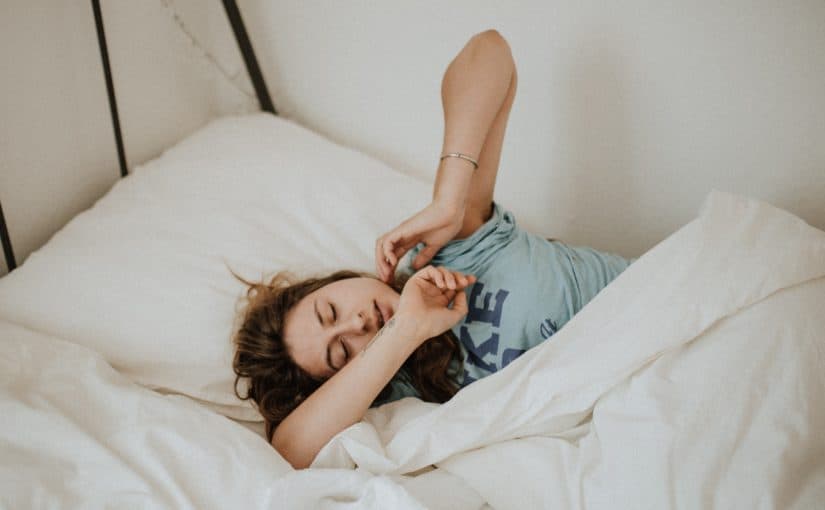
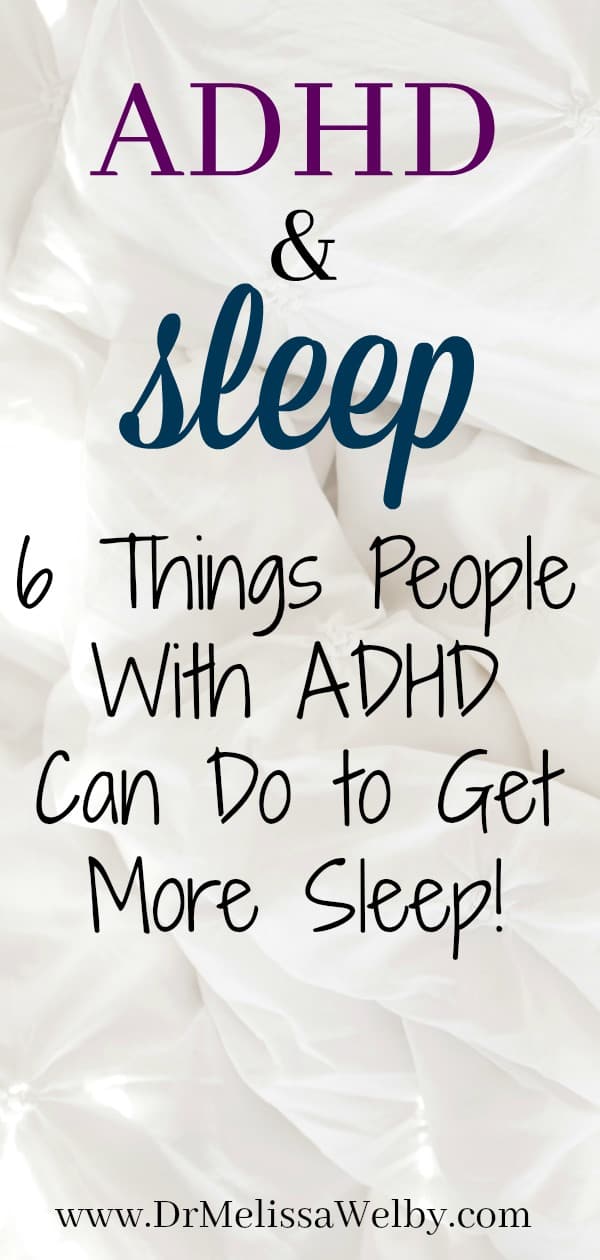

Needed this! My brain loves to go places just when I am about to sleep. Will surely try these tips. Thank you!